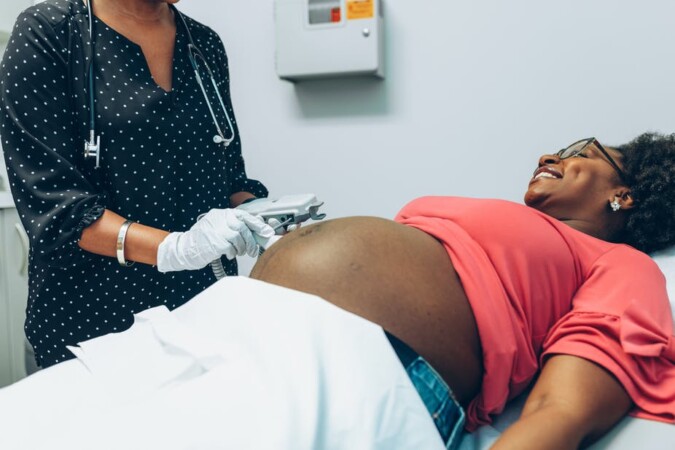HEALTH & LIVING: Globally, approximately 300,000 women die annually from pregnancy or childbirth-related complications according to the World Health Organisation (WHO). Almost all these deaths occur in low-resource settings yet most of these deaths are preventable.
In Uganda, the number of women dying in childbirth has progressively reduced over the years. According to the Uganda Demographic and Health Survey (UDHS), maternal mortality reduced from 418 per 100,000 live births deaths in 2006 to 336/100,000 in 2016. Even then, some 6,000 women and adolescent girls still die every year from preventable causes related to pregnancy and childbirth. Since the onset of the COVID-19 pandemic in Uganda (March 2020), routine analysis of service delivery data by United Nations Population Fund (UNFPA) showed an increase in maternal deaths by 10.4%, from 1,089 in 2019 to 1,202 in 2020, according to the Health Management Information System (HMIS).
High coverage of quality Antenatal Care (ANC) can play a crucial role to decrease maternal and neonatal mortality rates. Research has found that ANC received from a skilled health provider reduces the risk of pregnancy complications and adverse pregnancy outcomes such as still-births, intrauterine growth retardation, preterm births, low-birth weight, fetal abnormalities and other fetal complications possibly mediated through health promotion, disease prevention, screening and treatment which increases maternal and newborn survival.
As per the previous WHO-recommended Focused Antenatal Care (FANC) Model; under normal circumstances, a pregnant woman should have at least four ANC visits. However, recently, the WHO issued the “2016 WHO ANC model” with a new series of recommendations to improve the quality of ANC which in turn helps reduce the risk of stillbirths, complications and ensures a positive pregnancy experience.
The new WHO model recommends a minimum of eight ANC contacts. Women should have their first contact anytime in the first 12 weeks of gestation, with subsequent contacts taking place at 20, 26, 30, 34, 36, 38, and 40 weeks of gestation. This is because of the increased opportunities to detect and manage potential complications. Eight or more contacts for ANC can reduce perinatal deaths by up to 8 per 1000 births when compared to the previous 4 ANC visits.
Additionally, the new WHO ANC model provides adequate knowledge to get prepared for birth or any complication. It further provides life-saving information for both the mother and child as it reduces the delay of care-seeking for obstetric emergencies that contribute the majority of the maternal mortality in low-income countries like Uganda.
The new model further outlines what care pregnant women should receive at each of the contacts with the healthcare provider, including counselling on a healthy diet and optimal nutrition, physical activity, tobacco and substance use; malaria and HIV prevention; blood tests and tetanus vaccination; fetal measurements including use of ultrasound; and advice for dealing with common physiological symptoms such as nausea, back pain, and constipation. Counseling about healthy eating, optimal nutrition and what vitamins or minerals women should take during pregnancy can go a long way in helping women and their developing babies stay healthy throughout pregnancy and beyond and many others.
According to the “2016 WHO ANC Model”, a woman’s ‘contact’ with her ANC provider should be more than a simple ‘visit’ but rather the provision of care and support throughout pregnancy. The guideline uses the term ‘contact’ as it implies an active connection between a pregnant woman and a health care provider that is not implicit with the word ‘visit’.
In Uganda, the Ministry of Health (MoH) started implementing the Goal-oriented ANC protocol where goals are different depending on the timing of the visit, and a minimum of 8 contacts are aimed for in an uncomplicated pregnancy. If a woman books later than in the first trimester, preceding goals should be combined and attended to, and at all visits, healthcare providers should address any identified problems, check the mother’s blood pressure, and measure the Symphysio-Fundal Height (SFH).
It is therefore recommended for all pregnant women to aim for a minimum of eight Antenatal Care Contacts with a skilled health provider.
The author, Lilian Nuwabaine Luyima; is a BSc Nurse & MSN-Midwife and Women’s’ Health Specialist working as the Continuous Professional Development (CPD) Coordinator, Aga Khan University
If you would like your article/opinion to be published on Uganda’s most authoritative news platform, send your submission on: [email protected]. You can also follow DailyExpress on WhatsApp and on Twitter (X) for realtime updates.



